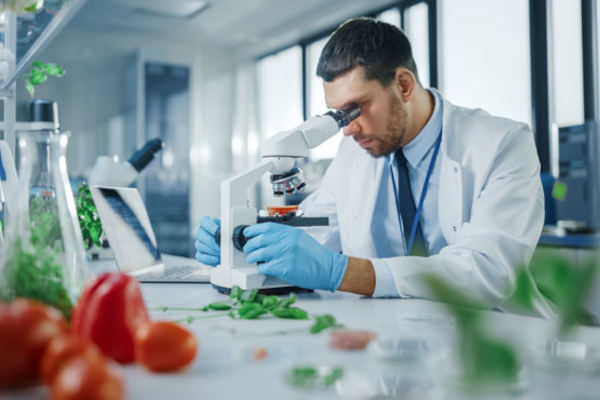
In March 2021, the European Commission published a study promoting the use of new gene techniques (NGTs) arguing that they would benefit sustainable agriculture and sustainable development. The study highlights that the current Genetically Modified Organisms (GMO) legislation of 2001 is not appropriate for some organisms emerging with new genetic techniques and proposes to initiate a process to ‘deregulate’ the regulation
What will be the impact on organic farming?
In practice, such a change would jeopardize the right of farmers and consumers to know how and where their seeds and food come from. Specifically, for organic production it would mean that seeds produced by genetic techniques could also be found in seed varieties used in organic farming with significant effects on biodiversity. Also, the new gene techniques will not be subject to security checks before they enter the market and will not require labeling or traceability.
Their invasive nature is contrary to the principles of organic farming and the principle of precautionary principle. Representatives of civil society, agricultural cooperatives and businesses (a total of 162 organizations) call in an open letter on 30 March 2021 to the Vice-President of the European Commission Frans Timmermans to ensure that all organizations derived from new genetic engineering techniques continue to be regulated accordingly with the existing standards for GMOs in the European Union – respecting the precautionary principle and ensuring a high level of transparency and the right of farmers and consumers to choose what they plant and eat.
One of the applications of new genomic techniques is called gene drives. This technology can spread a specific set of genes to a population, changing the likelihood that a particular allele will be passed on to offspring. The technique may use the addition, deletion, termination or modification of genes. There is a risk of extinction of populations of wild organisms (eg insects). Nevertheless, it is proposed as a new tool for the management of agricultural pests.
We are going through a period in which there is a significant reduction in biodiversity and agro-biodiversity due to climate change and other factors such as highly industrialized agriculture. It is a fact that 1% of the species are lost every year. It is therefore a great risk to accept the new techniques which may lead to a further reduction in biodiversity. In addition, there are limited studies on risk assessment and traceability. It is very important for the organic food sector to maintain transparency of practices, food quality and respect for the environment. Undoubtedly, the production of organic seeds will be an important part of ensuring transparency and quality. In particular, the forthcoming regulation on organic production, which will enter into force in January 2022, will promote the use of open pollination organic varieties, the upgrading of organic seed databases in the Member States and other practices that will favor the development of the sector. There will also be changes to the criteria for entering new varieties in the European list which will be favorable for the registration of organic varieties.
Sources
European Commission
IFOAM – Organics International
Biodynamic Federation – Demeter International e.V


